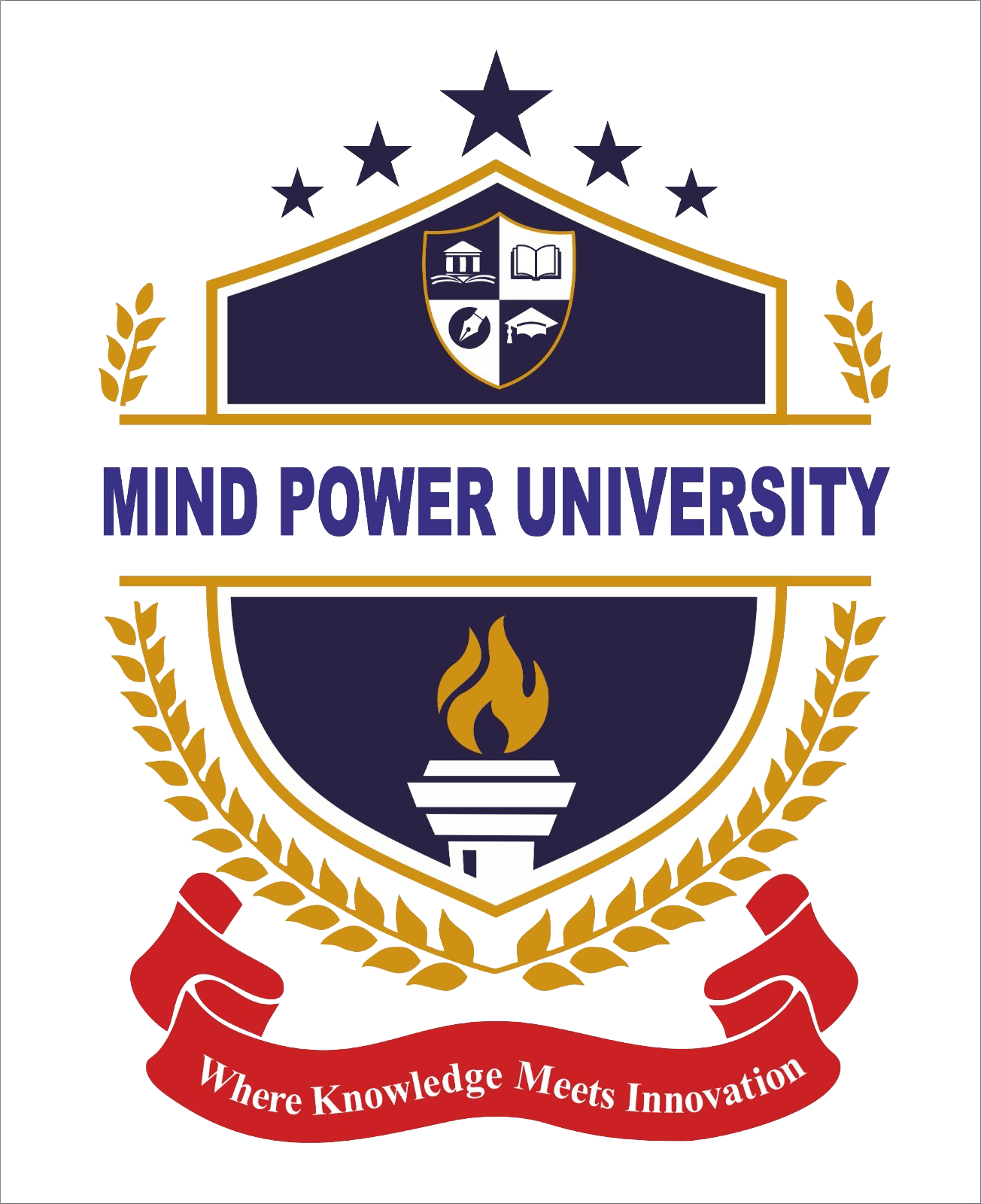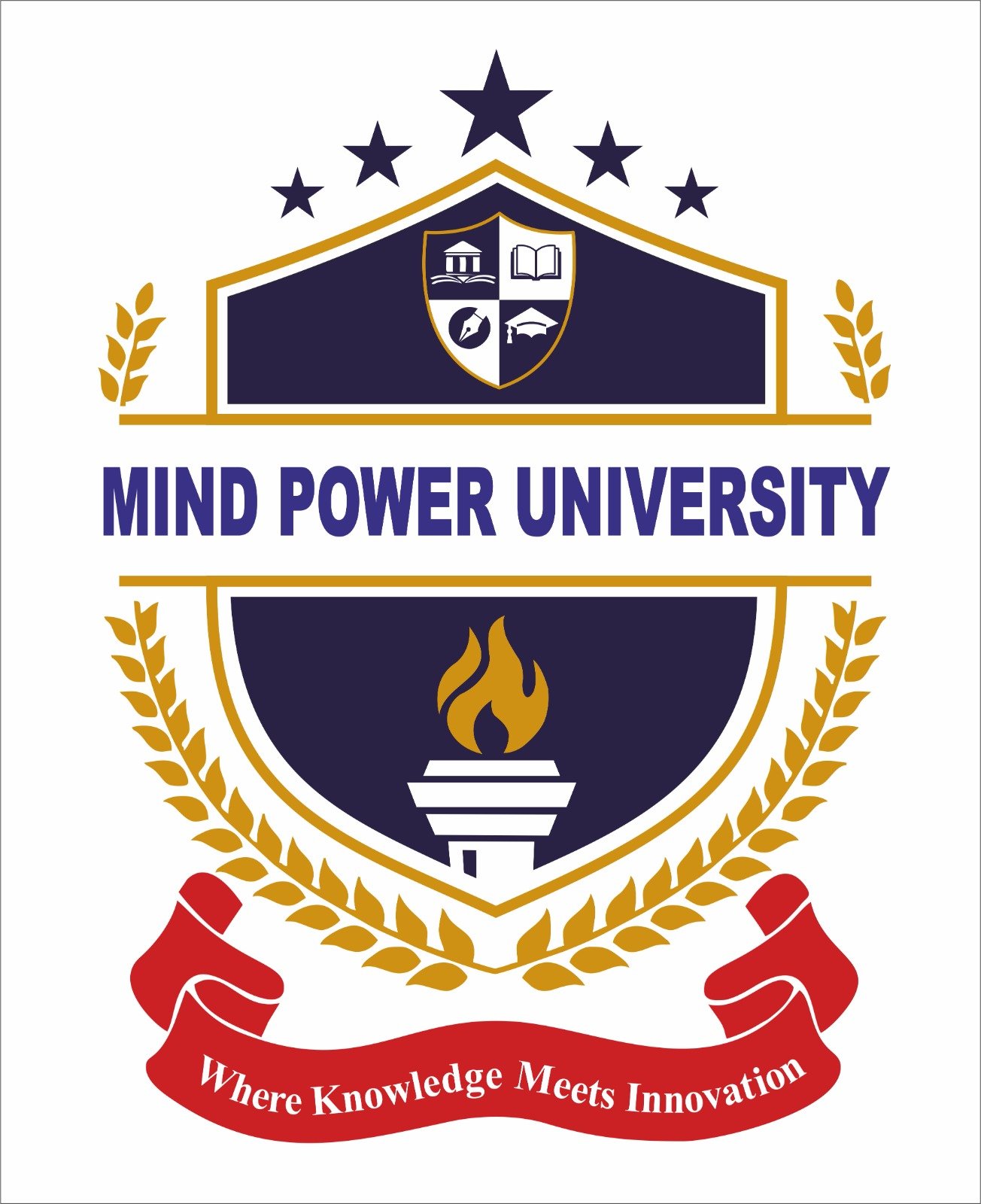 B.Tech Computer Science Engineering
B.Tech Computer Science Engineering
Duration
4 Years
Registration Fee
Contact on :- 8882822265
Exam Fee/ Module
Contact on :- 8882822265
- Duration: The B.Tech program in Computer Science Engineering usually has a duration of four years, although the duration may vary slightly depending on the university and its academic calendar.
- Semesters: The program is typically divided into eight semesters, with each semester lasting around four to six months. Each semester consists of a set of courses or subjects related to computer science engineering, along with practical lab sessions and projects.
- Curriculum: The curriculum of B.Tech Computer Science Engineering covers a wide range of topics related to computer hardware, software, algorithms, programming languages, data structures, networks, cybersecurity, artificial intelligence, machine learning, and more.
- Core Courses: Core courses in B.Tech Computer Science Engineering may include subjects such as Computer Programming, Data Structures and Algorithms, Database Management Systems, Operating Systems, Computer Networks, Software Engineering, Object-Oriented Programming, Digital Logic Design, and Computer Architecture.
- Electives: In addition to core courses, students may have the opportunity to choose elective courses based on their interests and career goals. Elective courses may cover specialized topics such as Artificial Intelligence, Machine Learning, Data Science, Cloud Computing, Cybersecurity, Internet of Things (IoT), Human-Computer Interaction, and Computer Graphics.
- Laboratory Work: B.Tech programs typically include practical laboratory sessions, where students gain hands-on experience in programming, software development, hardware design, networking, and cybersecurity. Laboratory work complements theoretical learning and helps students develop practical skills and problem-solving abilities.
- Projects: Students are often required to undertake individual or group projects as part of their B.Tech program. Projects allow students to apply their knowledge and skills to real-world problems, develop innovative solutions, and gain practical experience in software development, data analysis, or system design.
- Internships and Industrial Training: Some B.Tech programs may include internships or industrial training opportunities, where students gain practical experience by working in IT companies, software development firms, research labs, or technology startups. Internships provide valuable exposure to the professional environment and may lead to job opportunities upon graduation.
- Seminar Presentations: Students may be required to deliver seminar presentations on selected topics related to computer science engineering. Seminar presentations help students improve their communication skills, research abilities, and presentation techniques.
- Final Year Project: The final year of the B.Tech program typically culminates in a major project or thesis, where students work on a comprehensive engineering project under the guidance of faculty mentors. The final year project allows students to showcase their knowledge, creativity, and problem-solving skills and serves as a capstone experience before graduation.
Overall, a B.Tech program in Computer Science Engineering provides students with a comprehensive education in computer science principles, theories, and technologies, preparing them for careers in various sectors such as software development, IT services, data analytics, cyber security, research, and entrepreneurship.
| Eligibility | 10+2 Science with Mathematics |
|---|
Contact on :- 8882822265
.jpg)
Computer Science Engineering:
- ● Design, develop, and test software applications, systems, and algorithms for various platforms and purposes.
- ● Work in software development companies, IT departments, technology startups, or research institutions.
- ● Responsibilities may include software design, coding, debugging, testing, and maintenance.
- ● Analyze and evaluate computer systems and networks, recommend improvements, and ensure efficient operation and security.
- ● Employment opportunities in IT consulting firms, system integration companies, or IT departments of organizations.
- ● Responsibilities may include system analysis, network optimization, cybersecurity assessment, and technology planning.
- ● Collect, analyze, and interpret data to extract insights and support decision-making processes in business, science, and engineering.
- ● Work in data analytics companies, research labs, financial institutions, healthcare organizations, or e-commerce companies.
- ● Responsibilities may include data mining, statistical analysis, machine learning, and predictive modeling.
- ● Design, implement, and maintain computer networks, including LANs, WANs, and cloud-based networks.
- ● Employment opportunities in telecommunications companies, IT service providers, or corporate IT departments.
- ● Responsibilities may include network design, configuration, troubleshooting, and performance optimization.
- ● Protect computer systems, networks, and data from cyber threats, vulnerabilities, and attacks through security measures and protocols.
- ● Work in cybersecurity firms, government agencies, financial institutions, or technology companies.
- ● Responsibilities may include security analysis, penetration testing, incident response, and security policy development.







